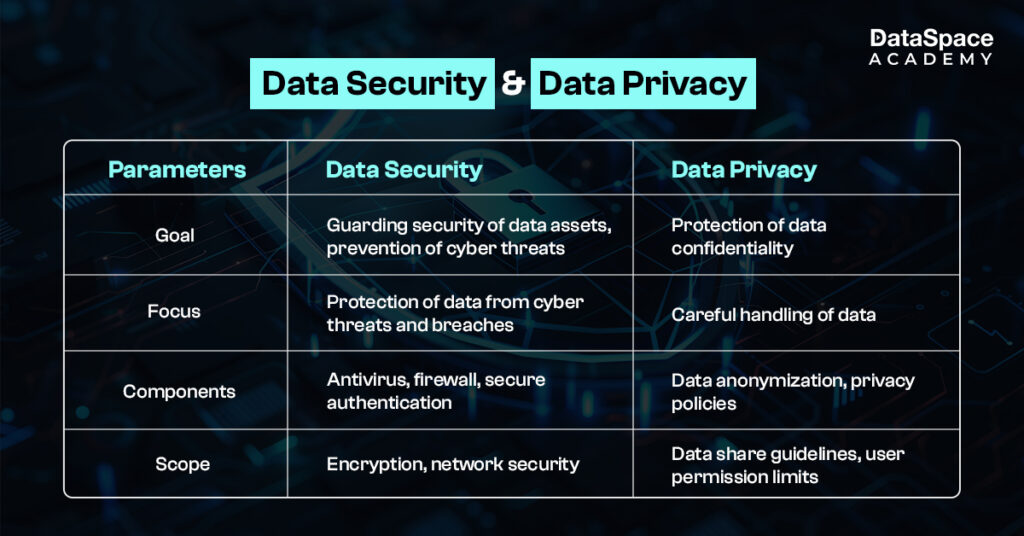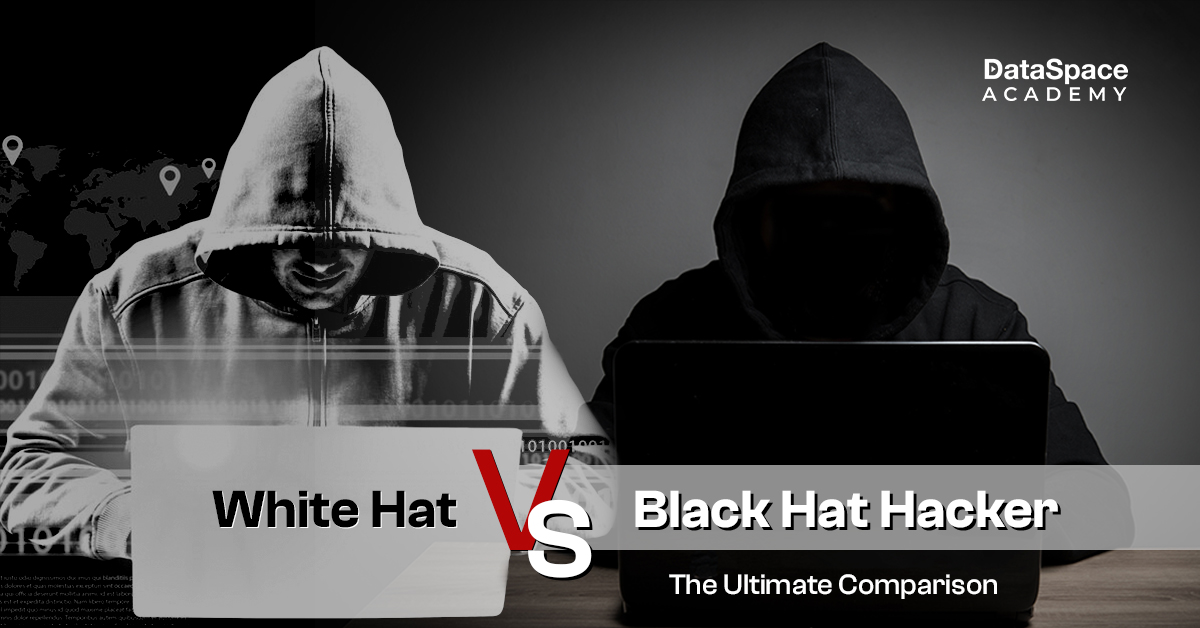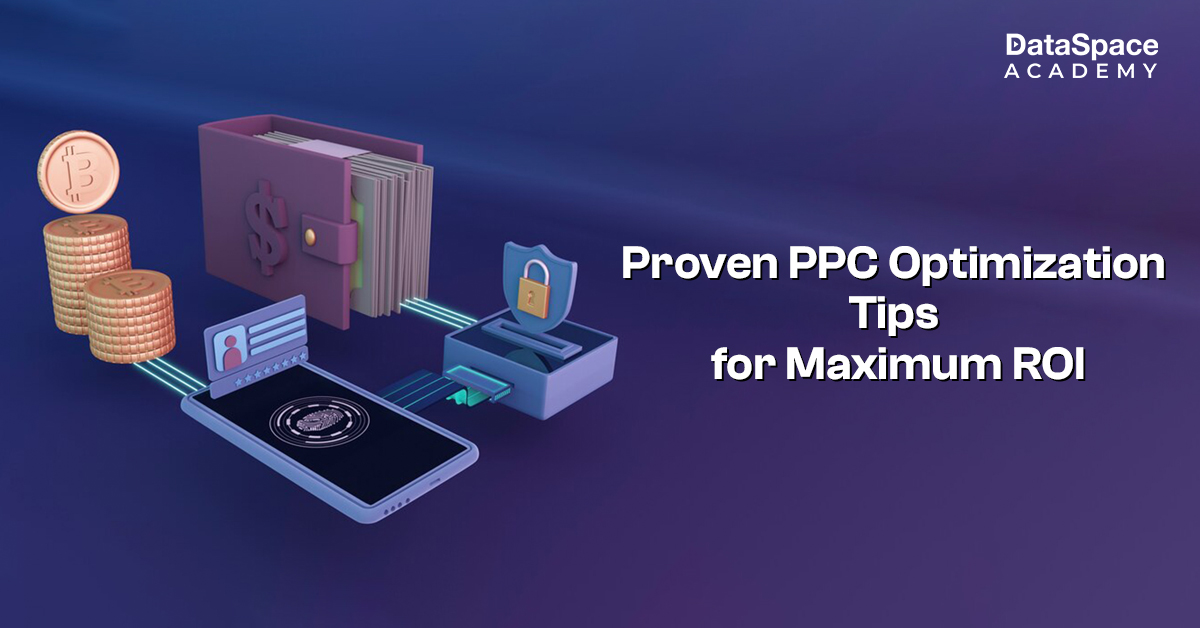Significance of Privacy and Data Protection in a Data-Driven World
Last Updated : 29 Aug, 2024
 1.16L
1.16L

Introduction
Privacy and data protection have become critical concerns in the ever-dynamic and vulnerable cyberspace. With the increasing amount of information being shared online, securing sensitive data has never been more important. A single event of a data breach can bankrupt an organisation, coupled with added losses such as reputation damage and declining market share. From financial transactions to healthcare records, every piece of information is a potential target for cybercriminals. Data protection involves safeguarding sensitive information from unauthorised access, breaches, or misuse.
With sophisticated breaching techniques on the rise, organisations must adopt robust security measures, including encryption, firewalls, and authentication protocols, to prevent cyber threats. For individuals, understanding the value of their personal data and the risks associated with sharing it online is crucial. As regulations like gdpr in cyber security emphasise the need for enhanced security – it’s clear that protecting data is not just a legal requirement, but a fundamental aspect of ensuring safety in the digitally-driven era.
Importance of data privacy and data protection
As global enterprises lean more on data for informed decision-making and competitive edge, its growing value is also drawing malicious attention. With time, data breaches have turned into the biggest nightmare for companies, causing significant financial losses and business disruptions.

Implementing robust data privacy and security is currently the need of the hour and can help mitigate the following crisis:
- Protects brand image: Data breach incidents not only cause substantial financial but also put a big dent in the company’s reputation. These mishaps can lead to a loss of customer trust, and eventually a black patch on the organisation’s image. Robust data privacy & security measures enable a brand to convey that it has taken powerful measures to safeguard data, including confidential customer information. It helps to earn customer trust and prevents brand reputation loss risks.
- Ensures Compliance with Regulations: With the growing reliance on data, businesses must adhere to stringent data privacy laws like GDPR or CCPA. Failure to secure data properly can result in hefty fines and legal consequences, making compliance vital to data security across organisations.
- Maintains Customer Trust: Businesses that handle customer data responsibly and protect sensitive information from unauthorised access, can build a lasting impression and trust with customers. In an era where data is integral to customer interactions, ensuring privacy and security is the key to maintaining a strong reputation.
- Prevents Business Disruptions: Data breaches can disrupt business operations, causing downtime and loss of productivity. Robust data security measures are essential to ensure smooth and uninterrupted operations.
- Enables Safe Data-Driven Innovation: As companies innovate using data analytics, AI, and machine learning, strong data privacy and security have become more crucial than ever. Advanced data safety measures allow the exploration of new technologies and insights, without risking exposure to cyber threats.
- Manage data access: Restrict access to sensitive data to critical users only. Encrypt data during transmission to and from the database. Only concerned team members must have access to critical data, also known as POLP (Principle of Least Privilege).
- Precaution is prevention: Anticipate data security risks by stress-testing systems and training staff. Develop a robust incident response strategy and establish a comprehensive data recovery plan. Proactively preparing these measures ensures swift and effective action in the event of a security breach.
- Remove unwanted data: Old or unwanted data must be permanently removed from both digital and physical copies. This practical approach ensures optimal data privacy and security from hackers.
- Encryption: A highly advanced method to scramble and hide data with the use of algorithms. The process ensures that the data is available only to intended recipients with access to the decryption keys.
- Data masking: This is a different form of encryption that works by hiding data using specific letters or numbers. The process renders the data unreadable and useless if intercepted by a hacker.
- Data backup: Creating multiple copies of data or backup enables seamless access to the resource even after a breach. This is a proactive measure to prevent accidental loss or destruction of data.
- Employee training: Lastly remember, even the strongest security strategy falls short if employees and stakeholders are unaware of the best data privacy practices. Therefore, launching a periodic cybersecurity training program is crucial to raise awareness and curb the serious consequences of data breaches.
Tips for ensuring data security and privacy
Why is data protection important to a business?

This single concern is driving major businesses to adopt and implement data protection factors. Here are seven practical tips for data protection practices against possible breaches:
Conclusion
Privacy and data protection are crucial for organisations to maintain trust and comply with regulations. With the increasing frequency of data breaches across industries, the demand for skilled professionals in cybersecurity is soaring. Prospective candidates can enhance their chances of a shining career in data protection by enrolling in cybersecurity courses near me. The right certification is the key to a thriving career in safeguarding critical data and ensuring organisational security.
 1.16L
1.16L




































































































